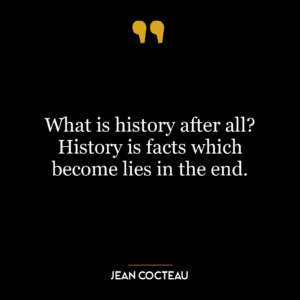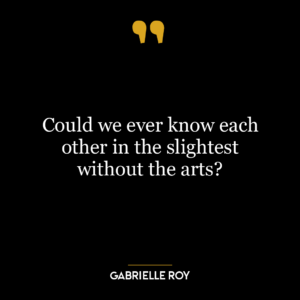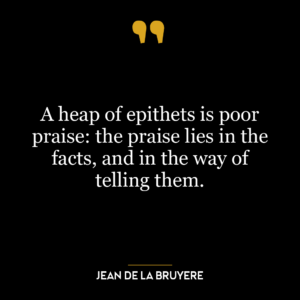Freud’s quote essentially tells us that any collection, be it of ideas, knowledge, experiences, or even tangible objects, that has become stagnant or unchanging, is essentially dead. This is because growth, change, and evolution are inherent aspects of life. When something stops growing or changing, it becomes static, unresponsive to the world around it, and thus, in a way, it dies.
In the context of knowledge or ideas, this quote suggests that any body of knowledge or any ideology that refuses to incorporate new information or perspectives, or to discard outdated or disproven elements, is not truly alive or relevant. It’s not growing or evolving, but is instead stuck in a state of rigidity and irrelevance.
Applying this idea to personal development, it can be interpreted as a call for continuous learning, growth, and evolution. As individuals, we should always be open to adding new experiences, knowledge, and perspectives to our “collection”, and we should also be willing to let go of old, outdated, or harmful elements that no longer serve us. This is how we keep ourselves “alive” and growing.
In today’s world, this quote can be seen as a critique of rigid ideologies and systems that resist change and evolution. It can be applied to anything from political and economic systems to cultural norms and personal beliefs. It suggests that in order to remain relevant and effective, these systems and beliefs must be open to change and growth, incorporating new ideas and discarding those that have been proven to be ineffective or harmful.








